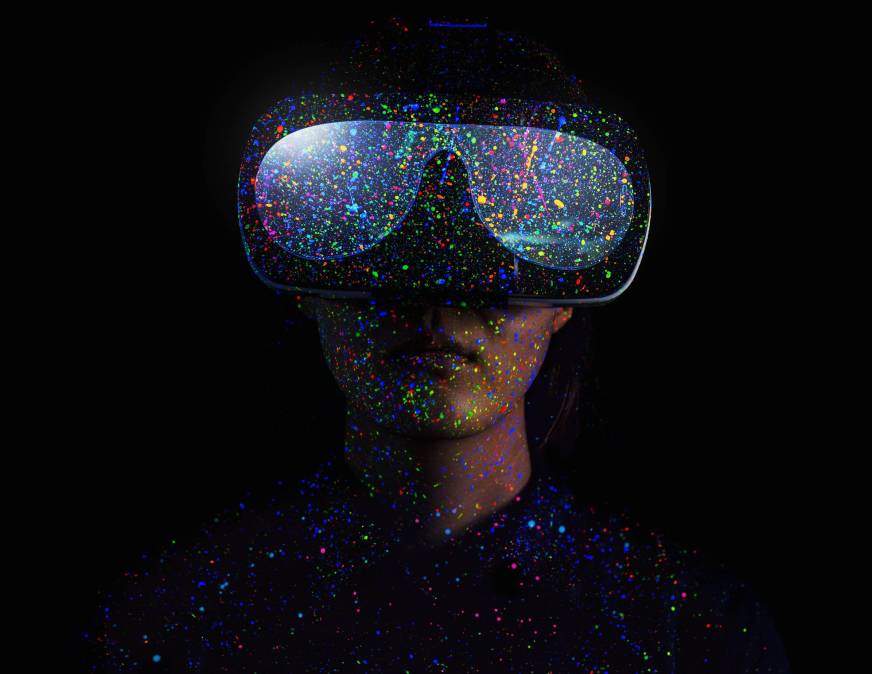Police in rural Ohio are using VR for empathy training

A pilot project in rural Ohio that uses virtual reality to train police officers to be more empathetic is showing great promise so far, organizers told StateScoop.
Ohio University’s leadership and communications schools designed scenarios using CineVR software and installed them on virtual reality headsets that have this year been used in a voluntary training program led by law enforcement in surrounding Athens. Organizers said a series of scenarios, each centering around one of two characters — “Chet” or “Dion” — is hoped to confer to law enforcement the empathy-boosting benefits of virtual reality that have been demonstrated in other domains.
John Born, a visiting OU professor and former Ohio State Highway Patrol colonel, told StateScoop the technology is the best shot at improving non-tactical police training that he’s seen over his 32-year career. The project is centered on improving the accessibility of training to a region where remote agencies are often poorly resourced.
“Agencies in Southeast Ohio or Appalachia are at the point where they don’t have the funding or necessarily the resources to be able to send people three hours away to training,” Born said.
Born said he believes VR training is promising because headsets have become relatively inexpensive — the devices used for this project cost about $400 each — and because the platform is highly portable, conducive to being shared by officers spread across different shifts and geographic regions.
Police in the United States are on average required to undergo only 21 hours of training annually, after less than 650 hours of basic training at the start of their careers, according to the Institute for Criminal Justice Reform. Barbers, who are never authorized to use lethal force, must go through an average of 1,300 hours of training.
“It’s designed to be used as part of a roll-call training,” Born said. “Once a month you put on the head set, putting yourself in other people’s perspectives so you can see a different perspective. I call it ‘experience in a box.’”
The program designed by the OU researchers includes two sets of scenarios, each lasting about 20 minutes. One stars Chet, a middle-aged, white veteran who suffers from post-traumatic stress disorder. The other features Dion, a Black graduate student. Users do not interact with the characters, but observe scenarios such as a bar fight, a political protest and a traffic stop. Born said the scenarios were designed by police officers who regularly respond to similar calls in real life.
“In law enforcement, like a lot of other human interaction professions, sometimes there isn’t an absolute right way to do it every time. And every scenario’s different,” Born said. “These aren’t prescriptive as far as ‘here’s how you change your behavior.’ It’s designed for you to internalize an experience that you may not have experienced before and see a perspective that you may not have seen before, and based on that maybe change your behavior.”
Several studies have demonstrated links between the use of virtual reality and increases in feelings of empathy and emotional connectedness with the subject matter. Stanford researchers in 2018 found that people who observed a VR scenario called “Becoming Homeless” were more likely than other study participants to sign a petition in support of affordable housing.
Born said researchers are surveying the officers who elect to undergo VR training firstly to better understand if they’re receptive to such a program. But he said they’re especially interested in changing behavior: Over the next two years, they’ll also monitor statistics including officers’ use of force and referrals to mental health agencies.
The research, which was also designed by David Malawista, a psychologist and reserve commander with Athens, Ohio, police, was funded by a $200,000 grant awarded to OU’s Voinovich School of Leadership and Public Service. Organizers said they hope next year to expand the training program to additional agencies.




